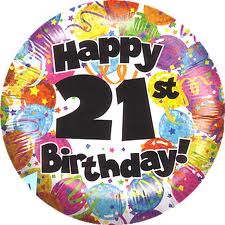Years ago I worked in a transitional living program for young adults 18-21 years old. The “residents” included teen mothers and a few young people who were in the foster care system. The teen moms shared a room with their children and all other residents shared one bedroom apartments. Each person was required to seek employment and deposit a portion of their income in a savings account. The savings were returned to assist with a security deposit or rent at new place at the end of the resident’s 18 month stay. Motivated, young people who presented themselves well were admitted to the program. Many others were turned away. This is common practice and not unique to this one agency. Young adults with serious mental health issues or criminal histories were not allowed – in order to keep the residences as safe as possible and “encourage” high success rates.
Many of these youth had mediocre support systems and limited preparation for independent living. It’s been said that “you never really know someone until you live with them” and I have found that to be very true. It wasn’t long after move-in that emotional issues, annoying habits, and rebellious behavior began to surface. It’s to be expected since most of these young people would not have elected to live together under normal circumstances. The same conflicts happen with college roommates. The difference is that the young people in the transitional living programs only had a limited amount of time to “get it together”. Staff were trying to cram years worth of love, support, and life skills into an 18 month stay. I don’t understand why 18 and 21 are the “magic” cut-off ages if the brain doesn’t fully develop until age 25 and nearly 53 percent of 18- to 24-year-olds have never moved out of or have returned to their parent’s home. Just a little more evidence that the methods we utilize to help youth with troubled backgrounds or those aging out of foster care transition into adulthood are flawed.
Nicki Sanders, MSW, Chief Visionary Officer
The Teen Toolbox provides youth portfolio development and civic engagement and academic enrichment opportunities to help teens set goals for life after high school and create a road map to reach those goals through its PACKAGED FOR SUCCESS™ Programs.
